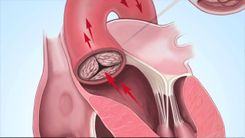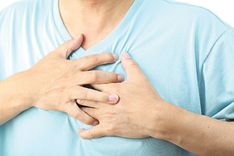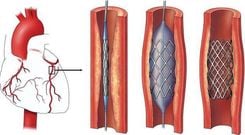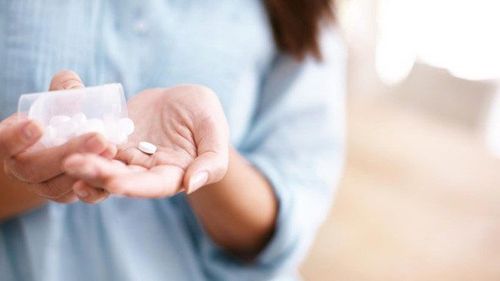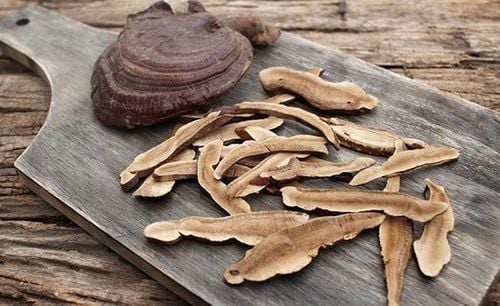This article was professionally consulted by Master, Doctor Pham Van Hung - Department of Examination and Internal Medicine - Vinmec Danang International General Hospital.
A healthy diet can help prevent cardiovascular complications and reduce the strain on the heart for individuals with mitral, tricuspid, aortic, or pulmonary valve regurgitation.
1. What is valvular regurgitation?
- Heart valve disease is characterized by the incomplete closure of heart valves, resulting in blood regurgitation into the heart chambers.This forces the heart to work harder to meet the body's blood pumping needs. If this condition persists, it can lead to heart failure.
- The selection of foods for patients with cardiovascular diseases, including heart valve disease, should ensure a complete nutritional profile, not interfere with the effects of anticoagulant medications, good for the cardiovascular system.
- Although diet does not directly affect the condition of stenotic or regurgitant heart valves, certain foods can promote atherosclerosis and valve calcification, thus a proper diet can alleviate symptoms, prevent atherosclerosis, and improve the quality of life for patients.
2. Heart valve disease should eat what?
Potassium-rich foods
- Potassium is an essential mineral that plays a vital role in regulating blood pressure and preventing stroke. Additionally, certain individuals who are taking loop diuretics may experience potassium deficiency. Therefore, supplementing potassium is crucial for patients with valvular regurgitation.
- Foods rich in potassium include bananas, pears, plums, oranges, grapes, and dark green leafy vegetables like kale and broccoli.
Fresh fruits
- Fruits are rich in vitamins, minerals, soluble fiber, and antioxidants, which help lower blood cholesterol, act as antioxidants, enhance the immune system, and prevent the progression of valvular regurgitation.
Some fruits are good for patients with valvular regurgitation such as:
- Berries: strawberries, blueberries, raspberries, black currants ... are rich in antioxidants that help combat factors that can damage heart valves, including reducing blood pressure, lowering cholesterol, promoting weight loss, and preventing blood clot formation in patients with valvular regurgitation.
- Avocados: Avocados are a good source of heart-healthy monounsaturated fats, which help lower LDL cholesterol levels, reduce the risk of metabolic disorders such as dyslipidemia, diabetes, etc. . all of which are contributing factors to the development of valvular regurgitation.
- Therefore, patients with valvular regurgitation should eat 100-200g of fresh fruit per day, should not eat canned food.
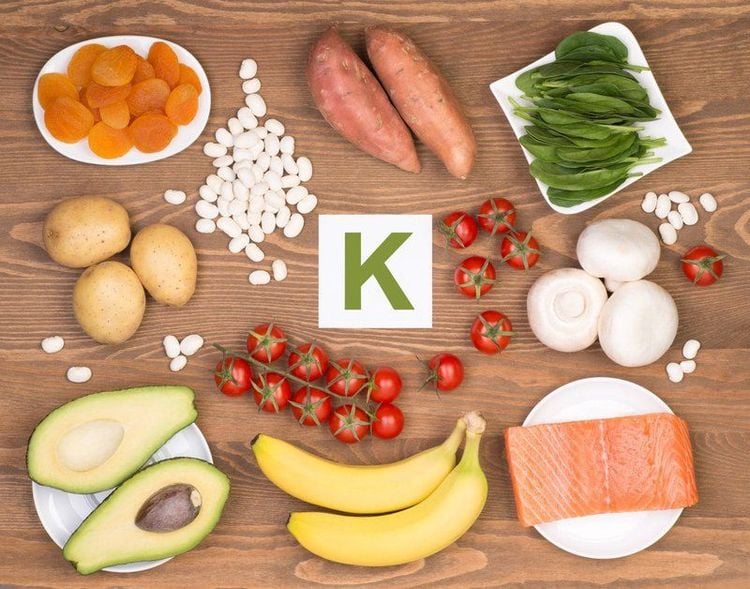
Green vegetables
- Green leafy vegetables are rich sources of vitamins, minerals, and antioxidants that help protect heart valves. They contribute to lowering blood pressure, reducing the workload on the heart. Additionally, green leafy vegetables are high in magnesium, which helps prevent the calcification of heart valves, reducing the risk of stenosis or regurgitation. Magnesium also helps stabilize heart rhythm and prevent chest pain.
- Green vegetables should be eaten such as spinach, broccoli,...
Unsaturated fats and proteins are beneficial for health
- Vegetable oils, being unsaturated fats, can be used as a substitute for animal fats to help reduce cholesterol, prevent atherosclerosis, and protect the cardiovascular system. Vegetable oils such as olive oil and canola oil, as well as nuts like walnuts and almonds, are rich in unsaturated fats.
- Fatty fish such as salmon, mackerel, sardines, and tuna are rich in omega-3 fatty acids, which offer numerous benefits for cardiovascular health. Omega-3 helps reduce blood triglycerides, improve arterial function, and lower blood pressure. Omega-3 is most abundant in salmon to help prevent blood clot formation, reducing the risk of heart attack in patients with valvular regurgitation.
Whole grains
- Whole grains are rich in fiber, vitamin B, starch, and antioxidants, which help reduce cholesterol absorption, keep blood vessels clear, and minimize post-meal blood sugar spikes.
- Food choices include whole rice (brown rice), legumes (green beans, black beans, ...), oats.
Some other foods good for heart valve regurgitation:
Green tea: Green tea is rich in polyphenols and catechins, which possess antioxidant properties, preventing damage to cardiomyocytes and reducing inflammation. Additionally, green tea helps lower blood pressure, triglycerides, LDL cholesterol, and total cholesterol.
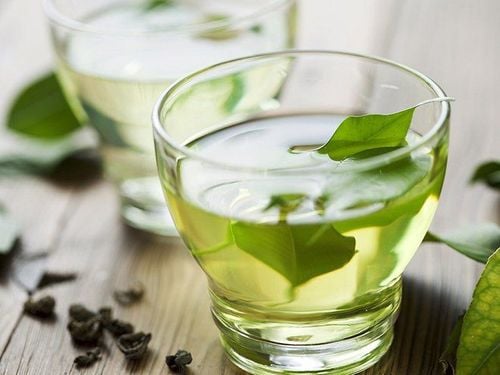
- The use of spices such as garlic, black pepper, turmeric, and cinnamon can help lower blood lipids, improve blood circulation, and reduce stress on the heart valves.
- Low-fat milk. Milk is also rich in vitamins A, C, and D, which are beneficial for heart health. It is recommended to choose low-fat milk products (containing 1% fat) such as yogurt, organic milk, soy milk, and rice milk…
In addition to dietary management, regular medical check-ups are crucial for monitoring and preventing cardiovascular complications of valvular regurgitation.
To arrange an appointment, please call HOTLINE or make your reservation directly HERE. You may also download the MyVinmec app to schedule appointments faster and manage your reservations more conveniently.


